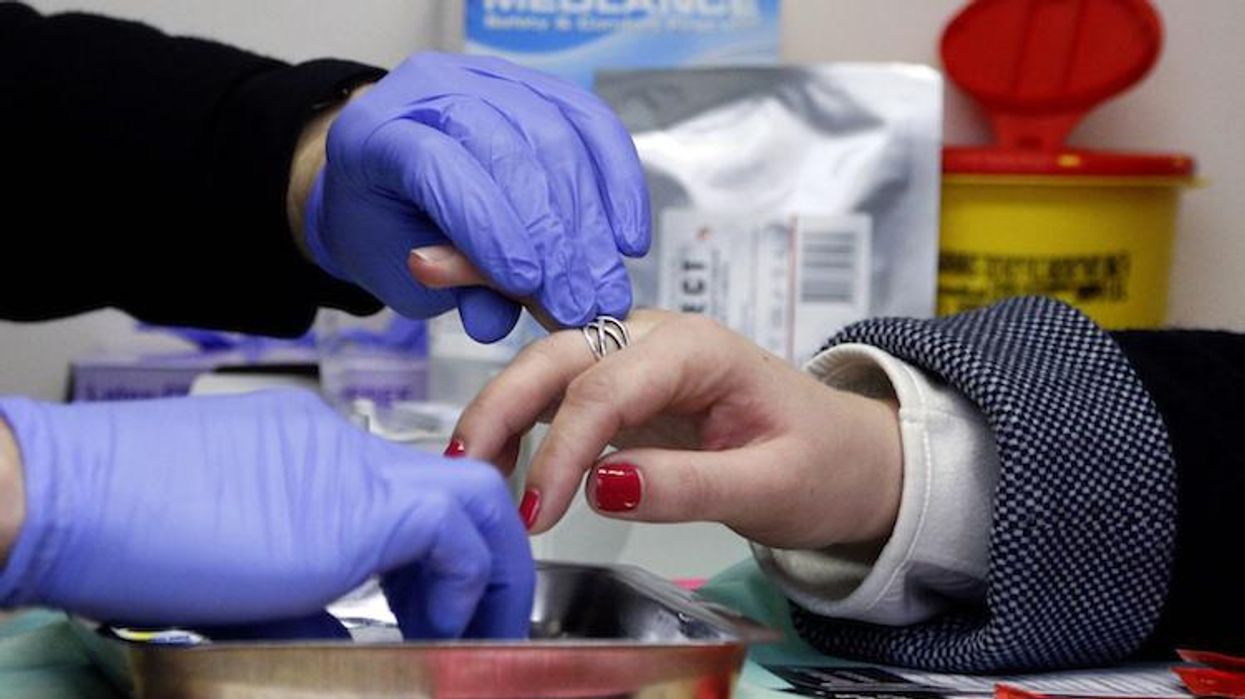It's hard to believe there was a lifetime ban on blood donations from men who have or had sex with other men until 2015. What's even harder to believe is that this ban was quite literally called MSM, or "men who have sex with men," until 2015. Times have changed though and blood donation equality is here for good!
Well, as long as you haven't had same-sex relations in 12 months. Oh, you haven't joined the priesthood? You're still a normal person who has the occasional sexual relation? Sorry, your blood is still dirty according to the Food and Drug Administration.
Related | HIV Diagnoses Hit Historic Low in New York City
While many advocates and members of the LGBTQ community have praised this somewhat progressive policy shift, a deferral is a deferral and no matter how its packaged, it's discrimination. Decades ago, in 1983, the FDA implemented a lifetime ban. It was a decade that Mark King recently described to NBC News as "an era of panic over AIDS." King, who tested positive for HIV in the mid-eighties, is one of many who agrees that deferral periods are still bans.
"They are just the latest chapter in a narrative that casts gay men as untrustworthy, promiscuous vectors of disease," King told NBC News. "We know scientifically we pose no greater threat than anyone else, but fear is a really powerful thing--especially fear of HIV."
King is right. While HIV can be treated today, and those diagnosed with the virus can reduce their viral load to undetectable, the stigma still lingers. Many countries, though, have ditched the lifelong MSM ban for individual risk assessment, including Argentina, Italy, Mexico and Spain.
As NBC News explained of Italy's program, "Individual risk assessment methods involves a blood donor filling out a questionnaire about his or her sexual behavior and, when applicable, his or her partner's sexual behavior. The donor is then interviewed by a trained physician for investigation and confirmation of risk exposures." These high-risk behaviors, which include casual sex with an HIV-infected or Hepatitis C-infected partner, are assessed regardless of sexual orientation. The U.K. has also ditched the lifelong ban and shortened their deferral period to just three months, which is still discrimination but, hey, it beats 12 months, right?
Twenty countries, including Canada and Australia, have joined the U.S. and U.K. in deferral periods ranging from three months and one year. "Three months is still three months," Jay Franzone explained. In 2016, Franzone abstained from sex for a year just to be able to give blood.
Related | This Gay Man Could Finally Donate Blood After A Year of Celibacy
Whether three months or one year, Franzone believes, "It's still a ban. It's still a discriminatory policy that puts all men who have sexual contact with men in the same bubble as people who are engaging in a variety of risky behaviors."






























